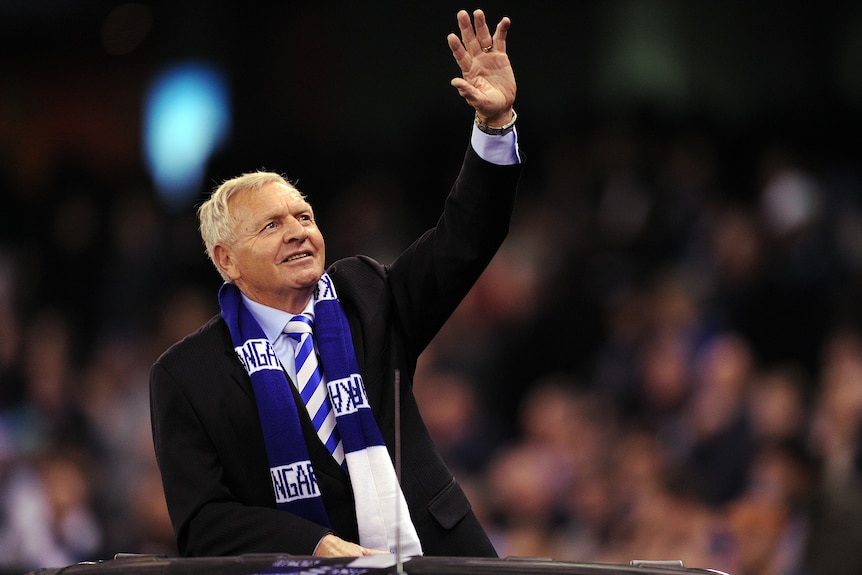Barry Cable, a “legend” in Australian football, is being sued over claims that he molested a Perth kid while in the height of his playing days.
In advance of a five-day civil trial that is scheduled to begin on Wednesday, District Court Judge Mark Herron has decided Cable can be named. The identity of the now 79-year-old had previously been suppressed.
After a long and successful career in the Victorian Football League (VFL) and West Australian Football League, Cable is regarded as one of the best West Australian footballers of all time (WAFL).
Allegations that Cable sexually assaulted the woman between 1968, when she was in her early teens and he was 24 or 25, and 1973, when she was in her late teens and he was around 30, are the basis of the woman’s civil action.
She is also requesting compensation for the psychiatric trauma she claims she experienced as a result of Cable’s alleged continued sexual harassment between 1974 and 1991, up until she was in her late thirties.
He has never been charged, and he disputes every accusation.
The woman filed her lawsuit in 2019, following changes to the law in Western Australia that removed the deadline for those who claim they have experienced sexual abuse to file a lawsuit.
Cable was at the pinnacle of his playing career at the time of the alleged assault.
For being the best and fairest player in the WAFL, he had already received the first of his three Sandover medals.
Over the course of his career, Cable was among the best football players in the nation, building a résumé that few players can equal.
Cable played 400 games and scored more than 500 goals in games for the VFL, WAFL, and state representatives.
He was a two-time All-Australian and won two VFL championships with North Melbourne in addition to four WAFL trophies.
He eventually received some of the highest accolades in the sport, such as “legend” status in the Australian Football Hall of Fame and a berth on North Melbourne’s team of the century.
After retiring in 1979 due to an accident in which his leg was caught under a tractor wheel, he had a long coaching career and was recognized both a player and coach in the Indigenous Team of the Century.
Since the court learned that Cable meant to abstain from participation in the proceedings and would depend solely on the written information already filed in December of last year, he has not been represented by counsel.
The court was informed that if Cable were found guilty after the trial, there would be no money available to cover the woman’s potential damages or the litigation costs.
Cable made repeated attempts to have the lawsuit dismissed from court, including one in WA’s highest court, the Court of Appeal, but each time his argument was rejected.
But the identity-suppression orders remained in place, and it wasn’t until today that Judge Herron decided Cable may now be recognized after taking into account arguments from attorneys for media outlets, including .
The need for a suppression order on Cable’s name, according to Judge Herron, is “no longer essential or relevant.”
Even though I acknowledge that the removal of the suppression orders, which will make it possible for the defendant to be identified and for his identity to be reported, is likely to harm his reputation, Judge Herron remarked that this is an inevitable side effect of litigation.
Again, Cable was not present at the hearing today, but Judge Herron stated he had received a copy of the judgment through his son.





